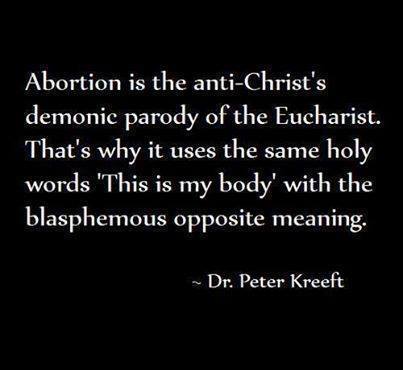Holy War
Further information:
Holy war § Christianity, and
Crusades
In 1095, at the
Council of Clermont,
Pope Urban II declared that some wars could be deemed as not only a
bellum iustum ("just war"), but could, in certain cases, rise to the level of a
bellum sacrum (holy war).
[36] ...
Thomas Murphy examined the Christian concept of
Holy War, asking "how a culture formally dedicated to fulfilling the injunction to 'love thy neighbor as thyself' could move to a point where it sanctioned the use of violence against the alien both outside and inside society".
The religious sanctioning of the concept of "holy war" was a turning point in Christian attitudes towards violence; "
Pope Gregory VII made the Holy War possible by drastically altering the attitude of the church towards war... Hitherto a knight could obtain remission of sins only by giving up arms, but
Urban invited him to gain forgiveness 'in and through the exercise of his martial skills'." A holy war was defined by the Roman Catholic Church as "war that is not only just, but justifying; that is, a war that confers positive spiritual merit on those who fight in it".
The Inquisition is a group of institutions within the judicial system of the
Catholic Church whose aim was to combat
heresy[46] The
Spanish Inquisition is often cited in popular literature and history as an example of Catholic intolerance and repression. The total number of people who were processed by the Inquisition throughout its history was approximately 150,000; applying the percentages of executions that appeared in the trials of 1560–1700—about 2%—the approximate total would be about 3,000 of them were put to death. Nevertheless, it is likely that the actual death toll was higher, keeping in mind the data provided by Dedieu and García Cárcel for the tribunals of
Toledo and
Valencia, respectively.[
citation needed] It is likely that between 3,000 and 5,000 people were executed.
[47] About 50 people were executed by the
Mexican Inquisition.
[48] Included in that total are 29 people who were executed as "
Judaizers" between 1571 and 1700 out of 324 people who were prosecuted for practicing the
Jewish religion.
[49]
In the
Portuguese Inquisition the major targets were those who had converted from
Judaism to
Catholicism, the
Conversos, also known as
New Christians or
Marranos, were suspected of secretly practising Judaism. Many of these were originally
Spanish Jews, who had left Spain for Portugal. The number of victims is estimated to be around 40,000.
[50][51] One particular focus of the Spanish and Portuguese inquisitions was the issue of
Jewish anusim and
Muslim converts to Catholicism, partly because these
minority groups were more numerous in Spain and Portugal than they were in many other parts of Europe, and partly because they were often considered suspect due to the assumption that they had secretly reverted to their previous religions. The
Goa Inquisition was the office of the Portuguese Inquisition acting in
Portuguese India, and in the rest of the
Portuguese Empire in
Asia. It was established in 1560, briefly suppressed from 1774–1778, and finally abolished in 1812.
[52] Based on the records that survive, H. P. Salomon and Rabbi
Isaac S.D. Sassoon state that between the Inquisition's beginning in 1561 and its temporary abolition in 1774, some 16,202 persons were brought to trial by the Inquisition. Of this number, it is known that 57 were sentenced to death and executed, and another 64 were burned in effigy (this sentence was applied to those who had fled or died in prison; in the latter case, the remains were burned in a coffin at the same time as the effigy).
[53] Others were subjected to lesser punishments or penance, but the fate of many of those who were tried by the Inquisition is unknown.
[54]
The
Roman Inquisition, during the second half of the 16th century, was responsible for prosecuting individuals accused of a wide array of crimes relating to religious doctrine or alternate religious
doctrine or alternate religious beliefs. Out of 51,000 — 75,000 cases judged by the Inquisition in Italy after 1542, around 1,250 resulted in a
death sentence.
[55]
The legal basis for some inquisitorial activity came from
Pope Innocent IV's
papal bull Ad extirpanda of 1252, which explicitly authorized (and defined the appropriate circumstances for) the use of
torture by the Inquisition for eliciting confessions from heretics.
[63] By 1256, inquisitors were given
absolution if they used instruments of torture.
Christianity and violence - Wikipedia
Does this sound like Christ like behavior or thinking?



